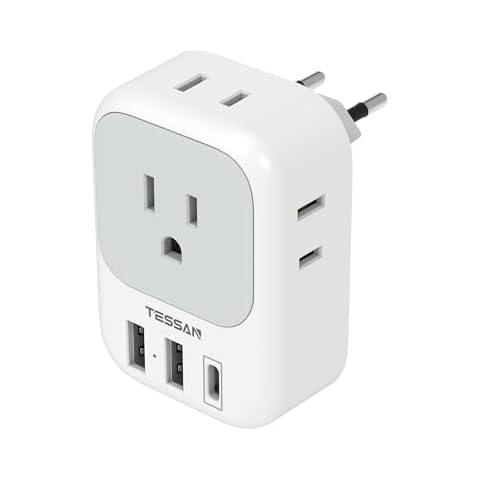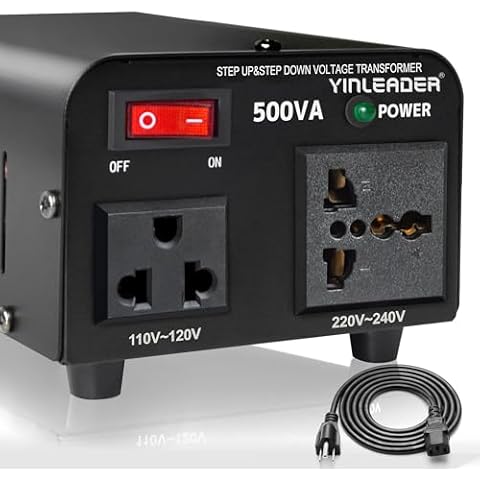Tips for Choosing the Power Converters
Introduction
Power converters are an essential component in many electronic devices, allowing users to use devices that operate on different voltages or frequencies. Choosing the right power converter can be a daunting task, especially for those who are not familiar with the various types and specifications available. In this article, we will discuss some key factors to consider when choosing a power converter.
Types of Power Converters
There are several types of power converters available on the market, each with its own unique characteristics and applications. The most common types of power converters are:
-
DC-DC converters: These converters convert direct current (DC) from one voltage level to another.
-
AC-DC converters: Also known as rectifiers, these converters convert alternating current (AC) to DC.
-
AC-AC converters: These converters convert AC from one frequency to another.
-
DC-AC converters: Also known as inverters, these converters convert DC to AC.
It is important to choose the right type of power converter based on the specific needs of your application.
Input and Output Voltage
One of the most important factors to consider when choosing a power converter is the input and output voltage. The input voltage is the voltage level at which the power converter will receive power, while the output voltage is the voltage level at which the power converter will deliver power to the load.
It is important to ensure that the power converter is capable of handling the input and output voltage levels required by the application. For example, if the application requires a DC input voltage of 12 volts and a DC output voltage of 5 volts, the power converter should be rated for these voltage levels.
Efficiency
Another important factor to consider when choosing a power converter is efficiency. Efficiency refers to the ratio of the output power to the input power. A higher efficiency means that the power converter will waste less power and generate less heat, which can be important in applications where power consumption and heat generation are critical factors.
It is important to choose a power converter with a high efficiency rating, especially for applications that require continuous operation or have high power demands.
Size and Weight
The size and weight of the power converter are also important factors to consider, especially in portable or compact applications. A smaller and lighter power converter may be more convenient to use and transport, but it may also have lower power handling capabilities.
It is important to carefully consider the size and weight requirements of the application and choose a power converter that is suitable for the intended use.
Conclusion
In conclusion, choosing the right power converter is an important decision that can affect the performance and reliability of the overall system. It is important to carefully consider the various factors discussed in this article, such as the type of power converter, input and output voltage, efficiency, size and weight, to ensure that the power converter is suitable for the intended application.











